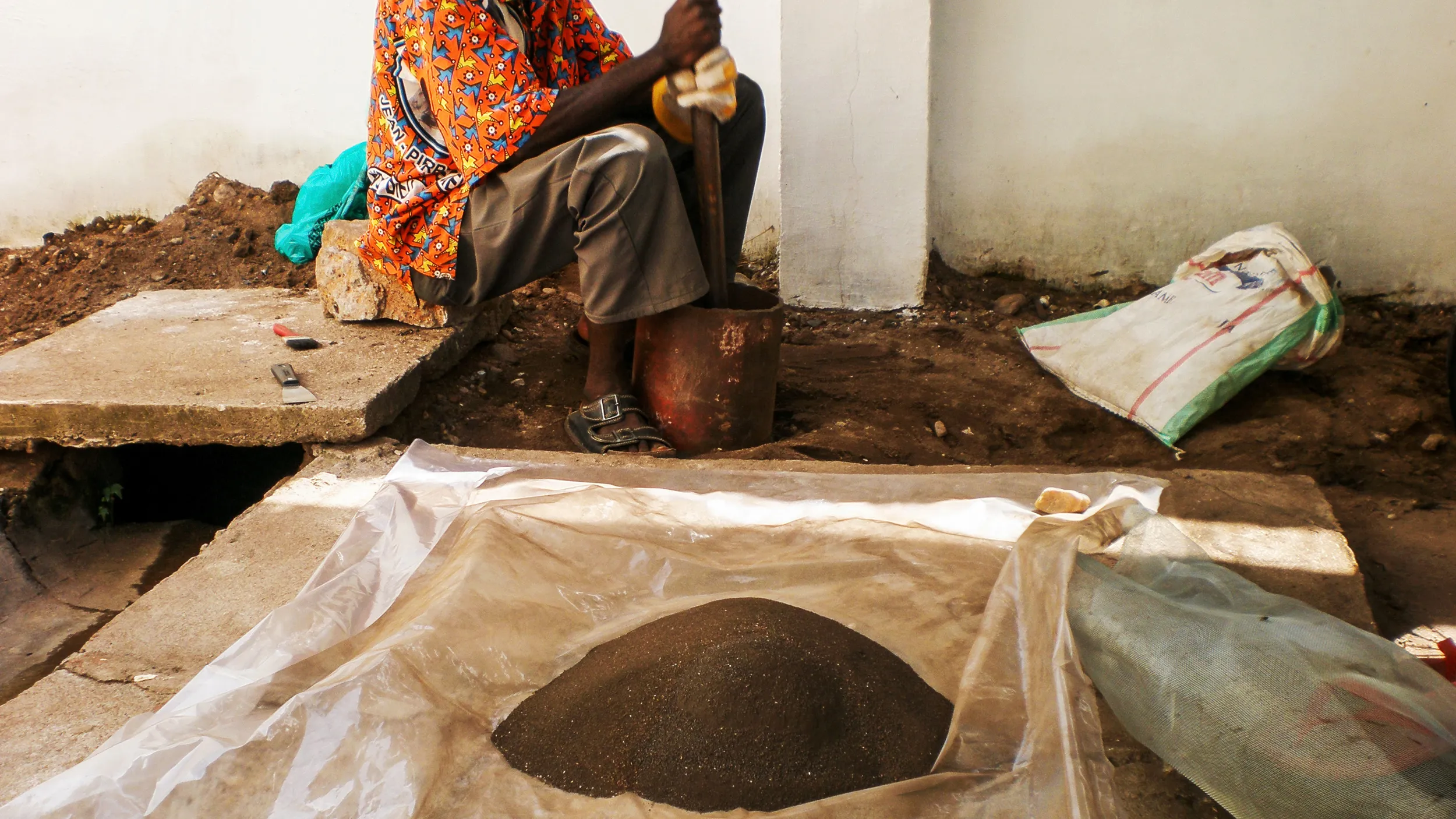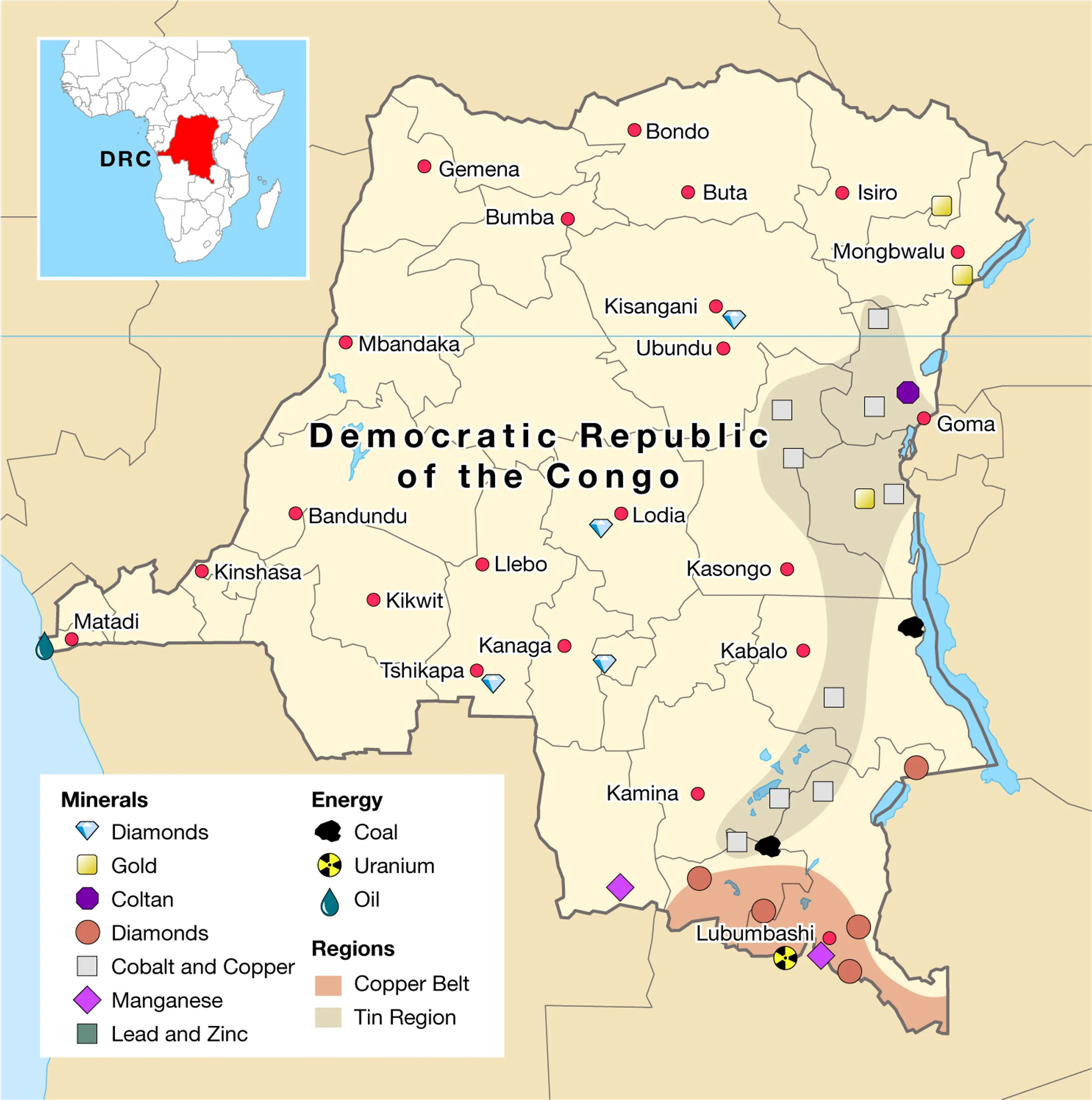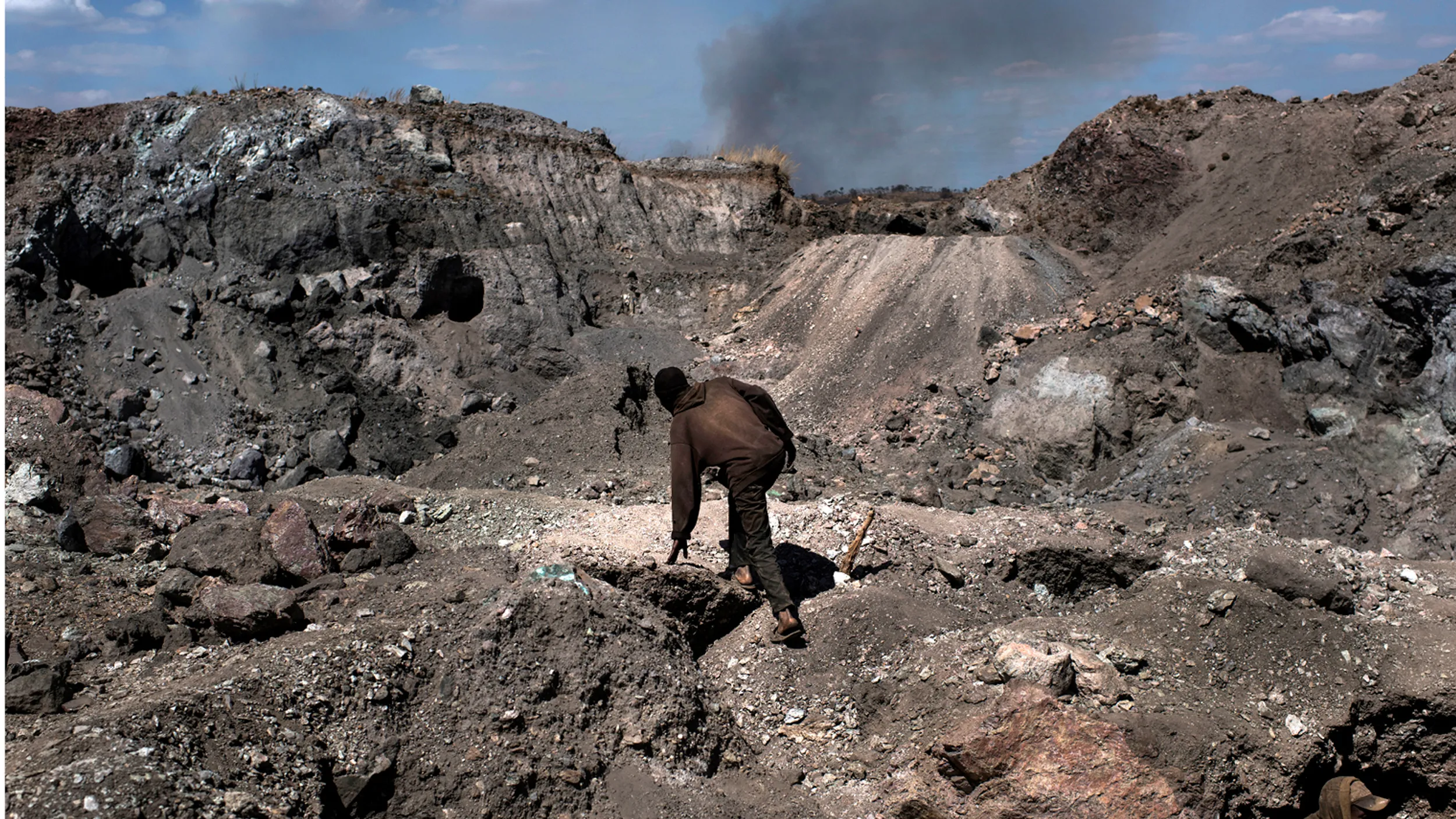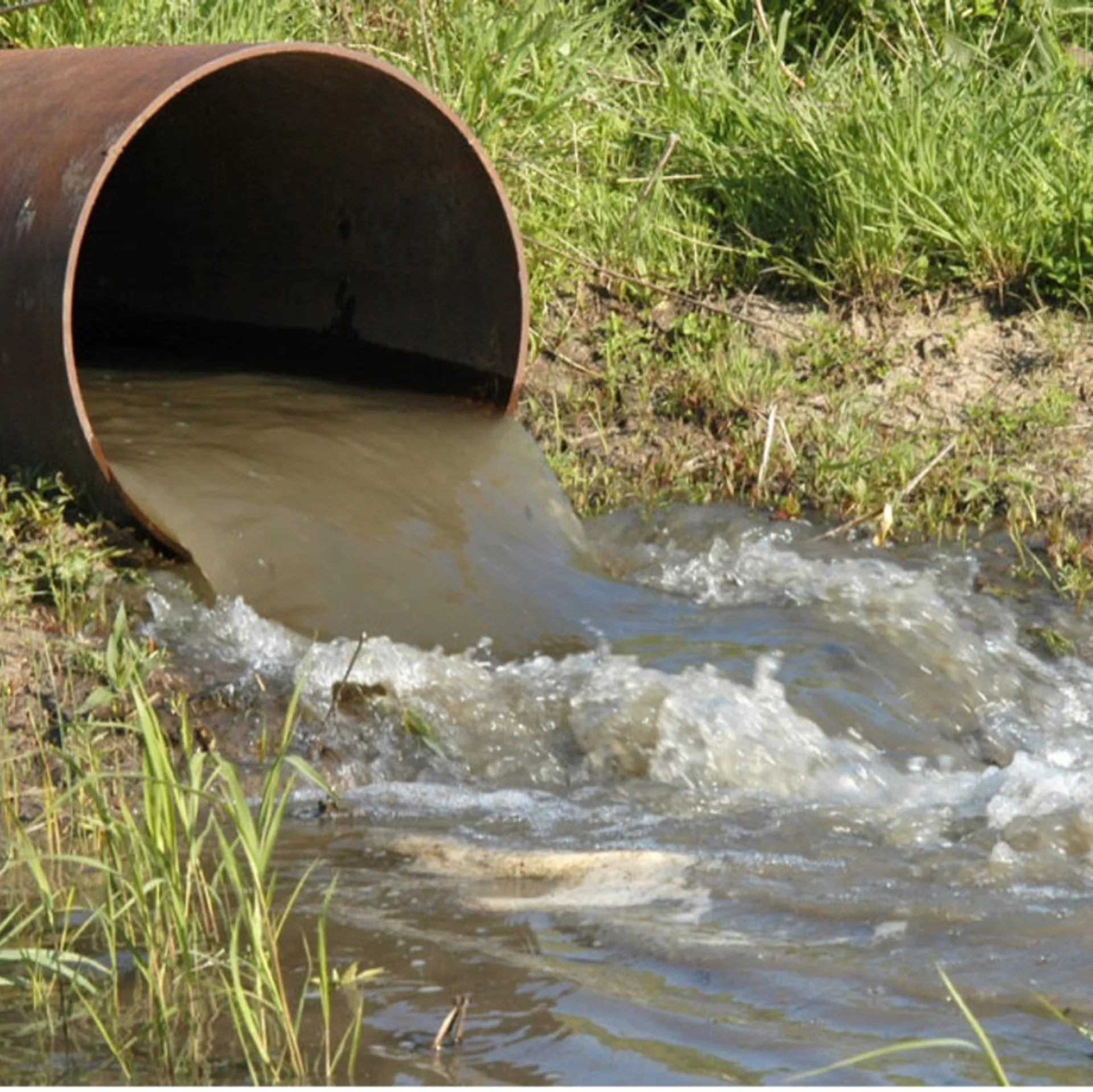The DRC: Unearthing Globalism's Dark Side

Cobalt, one of the world's most highly sought-after minerals, possesses immense value for various applications. Notably, it serves as a crucial raw material in the production of rechargeable batteries, which power mobile phones, laptops, tablets, a wide range of electrical goods, and batteries for electric cars.

Cobalt ore deposits are limited to a few countries, including the Democratic Republic of Congo (DRC), which controls 49% of the world's reserves, concentrated in the southeastern region of the country:

This potential makes the DRC one of Africa's wealthiest countries.
Products utilising cobalt generate substantial revenues for multinational corporations such as Google, Microsoft, Dell, Apple, Samsung, and Tesla:
Company | Revenue in 2019 (US$ billion) |
Apple | 260 |
Samsung | 206 |
161 | |
Microsoft | 125 |
Dell | 92 |
Tesla | 26 |
How much of this revenue trickles down into the DRC's economy?
The answer, unfortunately, is very little, especially for those at the bottom of the chain – the miners who extract cobalt for a meagre wage of around $1 per day. In terms of development, the DRC ranks near the bottom:
- HDI ranks 176 out of 189.
- GDP ranks 183 out of 189.
Approximately one-fifth of cobalt mined in the DRC is extracted through artisanal mining. The estimated number of artisanal miners varies, but there are likely over 200,000 individuals involved, including approximately 40,000 children, some as young as 7 years old.
The term "artisanal" is misleading. Artisanal miners engage in manual digging without access to industrial tools, protective clothing, hard hats, facemasks to shield against toxic dust, or protective shoes. The work is dirty and dangerous.

Individual miners extract relatively small amounts of the mineral, which they sell to middlemen at local markets for a fraction of its true value. For some, the situation is dire. These individuals often fall into the clutches of local militias or powerful figures due to extreme poverty. They are forced to work long hours, frequently without pay.
This unfortunate reality resembles modern industrial slavery.
One can easily attribute this ongoing situation to internal conflicts that have pitted dissident armed militias against successive governments, resulting in lawlessness, endemic corruption, and a lack of protection for the population.
It is evident that the DRC has been plagued by a multitude of problematic practices. These included the exchange of monopolies for kickbacks, embezzlement of funds from state-run companies, establishment of joint ventures with politicians as shareholders, and acceptance of unfavorable contract terms in return for kickbacks. These practices, among others, have contributed to the challenges faced by the DRC.
Blaming the DRC may be convenient for some, but it masks an inconvenient truth.
The emergence of global corporations investing in emerging economies was expected to fuel growth in the world's poorer countries. It was argued that the wealth they created would gradually improve the lives of the global poor, ultimately reducing poverty and inequality.
Clearly, this has not been the case. Instead, many argue that global corporations have had the following effects:
- They concentrate wealth at the top of the chain by exploiting cheap labour and generating significant returns for their investors, at the expense of individuals like the miners in the DRC who are at the bottom of the hierarchy.
- They export profits out of the country, depriving it of the means to improve the social conditions of its people.
- Far from reducing global inequality, the actions of global corporations have exacerbated it and, arguably, created conditions in which modern slavery thrives.
The cobalt miners in the DRC occupy the lowest rung of a long and intricate supply chain, from the miners themselves to the local market dealers and beyond. A substantial portion of cobalt from the DRC is sold by child slaves to traders and smelters, who prioritise price over human rights abuses.
The batteries eventually find their way downstream into the supply chains of consumer electronics companies, often through a complex network of subcontractors, and ultimately to global corporations like Microsoft.
So, who bears the responsibility for labour exploitation and human rights abuses in the DRC?
Global corporations vehemently reject any blame, arguing:
- The complexity of the supply chains makes it difficult for them to determine whether the batteries they purchase are produced using cobalt mined through artisanal mining and child labour.
- They claim that any human rights abuses should be attributed to their suppliers, not themselves.
But can this position be defended? Considering the enormous profits they generate, shouldn't they be doing more? It appears that these corporations are simply refusing to take responsibility for the conditions further down the supply chain.
While companies like Sony and Dell state that they condemn the use of slave labour in their supply chains, they seem unwilling to invest the necessary time and effort to ensure effective monitoring of these supply chains.
These global corporations possess immense financial power that they could leverage to influence operations throughout the supply chain, should they choose to do so. Yet, they have not taken such steps thus far.
As technology advances, the demand for minerals like cobalt in the DRC (and lithium extraction in Bolivia) is expected to continue increasing. Without a change in the perspective of large multinational companies operating in emerging economies, the situation will remain bleak for individuals like the artisanal miners in the DRC.
Perhaps the solution lies in strengthening existing laws and implementing new ones to compel top-level companies within supply chains to assume greater responsibility, thus guaranteeing respect for human rights at the bottom of the chain.
In the absence of knowledge regarding which companies operate ethically, how can we effectively exert pressure upon them?
With the UK government and others aiming for full electric adoption by 2030, boycotting electric cars seems improbable, and expecting consumers to suddenly refuse the latest models of mobile phones is equally unrealistic. Ultimately, finding a viable and impactful approach to holding companies accountable and protecting human rights in the global supply chains remains a challenging task.
To find out more, listen to this podcast, featuring Siddarth Kara, author of Cobalt Red: How the Blood of the Congo Powers Our Lives. Kara is presently engaged in strategic litigation against Apple, Google, Microsoft, Dell, and Tesla, aiming to compel these companies to be accountable for the conditions in their respective supply chains
Find exactly what you’re looking for.
- Popular Searches
- Biology
- Chemistry
- A Level Media Studies
- Geography
- Physics
- A Level Environmental Science
Newsletter
General
Work with us
Get in touch
- © 2026 Curriculum Press
- Terms & Conditions
- Privacy & Cookies
- Website MadeByShape









